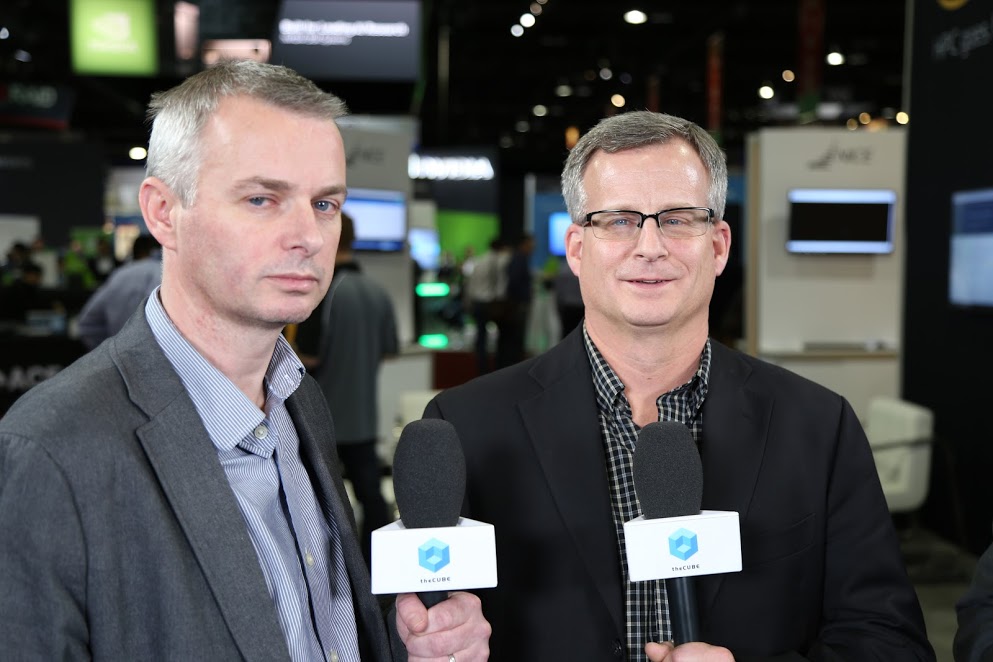Mark Albertson
Latest from Mark Albertson
Speedy data drives racing simulation design at Red Bull sports
In the competitive world of Formula One racing, teams of engineers work around the clock to modify car designs in the never-ending quest for a few more seconds of speed. For Red Bull Racing Ltd., one of the leading Formula One racing teams in the world, that quest means using the IBM Spectrum high-performance computing ...
Why cyborg creators must self-govern security, privacy efforts
Most people probably aren’t aware of this, but the 2016 U.S. Presidential election included a candidate who had a radio-frequency identification chip implanted in his hand. No, it wasn’t Donald J. Trump. It was Zoltan Istvan, a nominee representing the Silicon Valley-based Transhumanist Party and his body-worn chip unlocked his front door, provided computer password ...
How machines can save us from social media suicide
It’s every chief financial officer’s worst nightmare come true. On the night of April 28, 2015, an early and unintended release of Twitter’s disappointing earnings results erased $8 billion in the company’s value over the course of just a few hours. The information had been scraped by another website’s bot from a Nasdaq page and ...
It’s time for multifactor authentication everywhere, says Centrify executive
In an interesting move by Sony that will be closely watched by the security industry, the Japanese technology giant recently filed a patent application that combines multifactor authentication with the blockchain’s extra-secure digital ledger. The concept, as outlined in the filing, is to use two different blockchain platforms in coordination with a potential user login ...
Cybersecurity begins and ends with the trusted identity
There are nearly two billion usernames and passwords available for sale in the black market, according to a recent joint study carried out by Google LLC and the University of California. A significant percentage of those login credentials can be used to directly access Google accounts, driving security researchers’ new focus on machine learning methods to keep password authentication processes from ...
Big data analytics boost Vivint’s smart home IQ
Cars, personal assistants and smartphones are starting to learn user habits and make decisions automatically. Can the home be far behind? Vivint Inc., the provider of smart home security systems over the past 18 years, has embarked on a technology approach that combines artificial intelligence, sensors and a computer-based control network to effectively learn homeowner ...
Akbank speeds up analytics as Turkish population grows younger
Although it is one of Turkey’s largest financial institutions with $84 billion in assets, Akbank T.A.Ş.’ye still faces a number of challenges adopting to the digital world. Chief among these is finding a way to grow its customer base by increasing retention and reducing churn. This challenge is made even more complicated by a younger ...
Seldom-used metadata could be next gold mine, says NetApp CTO
In 2006, an online retailer came up with an idea to let users rent unused capacity on the company’s virtual computers. Eleven years later, Amazon Web Services Inc. is generating $16 billion in annual revenue. In 2008, three starving students thought that the notion of renting out unused space in their apartment might form the ...
IBM Watson needs a makeover, and other predictions in cloud, AI and IoT for 2018
If there is a single theme surrounding key trends and developments in the digital world over the past year, it is speed. Technology today is like a heavily loaded freight train barreling down the innovation mountain without even the slightest notion of where the brake is, or if it even works. As a tumultuous year ...
Developers and data center operators welcome Intel’s latest FPGA moves
Intel’s recently unveiled plans to deploy customized field programmable gate array-based acceleration of storage and computing workloads are welcome news for developers who are pushing the data center boundaries. Fields such as genomics and finance are using increasingly complex data-intensive applications, and the acceleration of workloads in high-performance computing is becoming no longer nice but necessary. ...

























